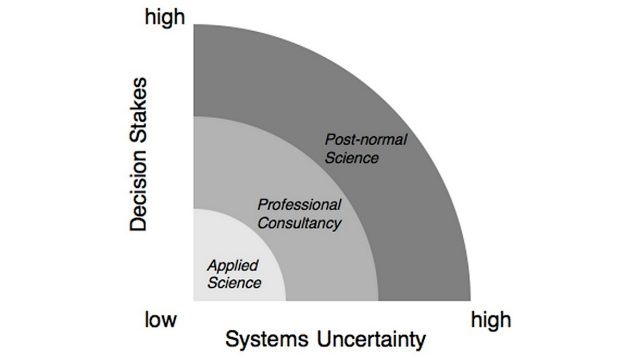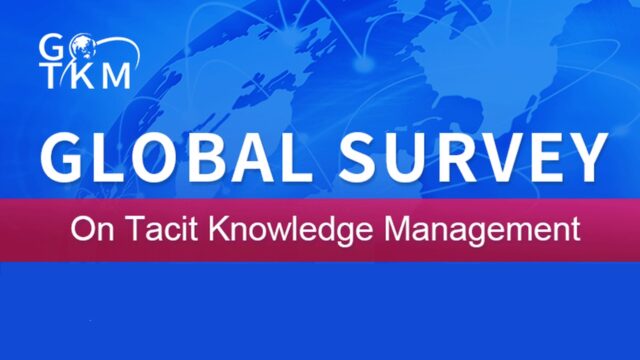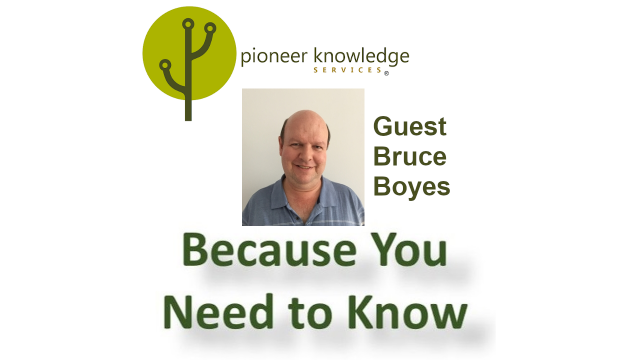Video & further reading: What knowledge managers can learn about TKM from outside the KM field
The video from Bruce Boyes’ Global Think-Tank for Organizational Tacit Knowledge Management (GO-TKM) webinar on 7 April 2023 is now available for viewing above. The important perspectives on external tacit knowledge presented in the webinar were appreciated by the 229,099 people who watched the webinar online.
Further reading
The list of recommended further reading from the end of Bruce Boyes’ webinar presentation is reproduced below.
Included in the list are (1) articles providing further information in regard to the Toyota, Boeing, Xiaomi, and Helidon Hills case studies featured in the presentation; (2) an article summarizing key points from the recently published systematic literature review “Innovative Concepts within Knowledge Management,” and (3) three articles discussing other examples of effective stakeholder knowledge engagement in China.
- Getting to the heart of the problems with Boeing, Takata, and Toyota
- Active knowledge exchange with users and partners in open innovation: the case study of Xiaomi
- Case studies in complexity (part 6): Tacit knowledge transfer and deliberative conversations in the Helidon Hills
- Emerging innovative concepts in knowledge management
- Moving towards a fifth generation of knowledge management for development
- Video and summary from KM4Dev Knowledge Cafè 24 – Different Thinking in Knowledge Management
- Top-down vs. collaborative consensus: using the most appropriate approach for the decision-making level
- Planning for the fascinating social complexity of Chinese cities, and what it can teach the west
The reference list for the presentation is also available.
About GO-TKM
The Global Think-Tank for Organizational Tacit Knowledge Management (GO-TKM) is a non-profit organization, targeting 3 objectives for the overall benefit of mankind:
- To advise and support government policy-makers for the right policy on TKM in their respective countries.
- To advise and support business decision-makers for the right solutions on their respective TKM issues inside their organizations.
- To unify global resources for research and development in theory and practice on TKM across industries and to provide possible solutions.






